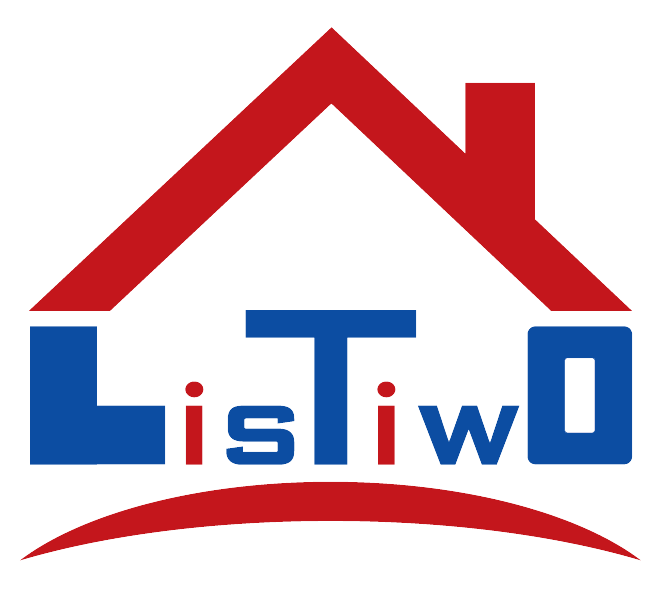The real estate industry is a dynamic and highly competitive sector, with countless opportunities for professionals to thrive. Whether you’re an agent, investor, or developer, understanding the intricacies of the industry and knowing how to stay ahead of your competitors is essential for long-term success.
In this blog, we’ll explore the real estate industry’s landscape and provide you with strategies to outsmart your competitors, build a solid reputation, and carve out your niche in this competitive market.
The Real Estate Industry Landscape
The real estate industry encompasses a broad range of activities, including buying, selling, and renting properties, property management, real estate development, and real estate investment. It spans several sectors, from residential to commercial and industrial properties, each with its own set of challenges and rewards.
At its core, real estate is a relationship-driven business. Strong connections with clients, other professionals (like lenders and appraisers), and a deep understanding of market trends are critical. Success in this industry often relies on how well you can adapt to changing market conditions, stay informed about industry developments, and differentiate yourself from your competitors.
Who Are Your Competitors?
In real estate, your competitors may come in many forms, and it’s important to understand who they are and how they might affect your business. Competitors in the real estate industry can include:
- Other Real Estate Agents: In every market, you’ll find other agents working to win the same listings and clients. Some agents might specialize in specific niches, like luxury homes or first-time buyers, while others may serve broad markets.
- Real Estate Investment Groups (REIGs): Investors who focus on buying and selling properties often have the advantage of significant capital, making them formidable competitors, especially in high-demand areas.
- Online Real Estate Platforms: Websites like Zillow, Realtor.com, and Redfin have revolutionized the industry, providing homebuyers and sellers with an easy way to browse listings and access property data without an agent.
- New Real Estate Technologies: Proptech companies are emerging, offering innovative solutions to the real estate industry, such as virtual home tours, automated valuation models, and blockchain-based transactions.
- Local Builders and Developers: These competitors create new properties for sale, especially in growing or evolving neighborhoods. Developers can also influence the real estate market by adding inventory that changes supply-demand dynamics.
Understanding who your competitors are will help you identify opportunities to differentiate yourself and build a competitive edge.
How to Stay Ahead of Your Competitors
In a market as competitive as real estate, staying ahead requires continuous learning, adaptability, and strategic thinking. Here are several key tactics to help you outperform your competitors:
1. Embrace Technology and Innovation
Technology is reshaping the real estate industry. By embracing the latest tools and platforms, you can streamline your operations, enhance client experiences, and stay ahead of the competition. Here are some ways to leverage technology:
- Use CRM Software: Customer relationship management (CRM) tools like Salesforce or HubSpot allow you to track leads, nurture client relationships, and automate marketing tasks. A well-managed CRM can help you stay organized and increase your sales.
- Offer Virtual Tours and 3D Home Listings: Virtual tours and 3D home listings provide a unique, immersive experience that appeals to buyers, especially in times when physical showings are challenging. Tools like Matterport and EyeSpy360 can help you create high-quality virtual tours.
- Invest in Online Advertising: Social media platforms (Facebook, Instagram, LinkedIn) and search engine ads (Google Ads) are powerful tools to target potential clients. Paid ads on these platforms allow you to reach a large audience and ensure that your properties stand out.
2. Develop a Strong Online Presence
In today’s digital world, a strong online presence is crucial. Buyers and sellers increasingly turn to the internet to find real estate professionals and learn about properties. Here’s how to leverage the web to your advantage:
- Create an Informative Website: Your website should act as a one-stop resource for potential clients. Include testimonials, listings, a blog, and valuable content that highlights your expertise and services. Ensure your website is user-friendly and mobile-optimized.
- Content Marketing: Regularly posting articles, market insights, and tips on social media and your website will establish you as a thought leader in your market. By offering valuable information, you’ll attract clients who trust your knowledge and expertise.
- Engage on Social Media: Actively engaging with clients on social media platforms can help build relationships and increase your visibility. Share content such as new property listings, industry news, or personal success stories to connect with your audience.
3. Narrow Down Your Niche
Rather than competing with everyone, specialize in a particular niche within the real estate market. By focusing on a specific area, you can differentiate yourself and establish a reputation as the go-to professional for that particular segment. Consider the following niche ideas:
- Luxury Real Estate: Specializing in high-end properties appeals to affluent buyers and sellers. By offering personalized services and exclusive listings, you can stand out in this high-stakes market.
- First-Time Homebuyers: Catering to first-time buyers provides an opportunity to build long-term relationships, as clients may return to you for future transactions.
- Commercial Real Estate: If you’re interested in business properties, focus on helping companies find office space, retail locations, or industrial properties. Commercial real estate can be highly lucrative but requires a specific skill set.
- Real Estate Investment: Become an expert in helping investors find profitable rental properties, fix-and-flip opportunities, or commercial investments.
4. Provide Exceptional Customer Service
In a relationship-driven industry like real estate, customer service is a differentiator. Offering exceptional service can help you build a strong reputation and generate repeat business. Some ways to provide excellent service include:
- Be Responsive: Buyers and sellers expect quick responses to inquiries. Always reply promptly to emails, phone calls, and messages.
- Be Transparent: Honesty and transparency are key to building trust. Be upfront with clients about the pros and cons of a property or the challenges of the market.
- Go the Extra Mile: Provide value beyond the transaction by offering moving services, connecting clients with contractors or inspectors, or sending personalized homewarming gifts.
5. Stay Informed About Market Trends
To stay ahead of competitors, it’s essential to stay informed about the latest real estate market trends and developments. Regularly monitor market reports, local property values, and demographic shifts in your area. Attend industry events, webinars, and conferences to learn from experts and network with other professionals.



